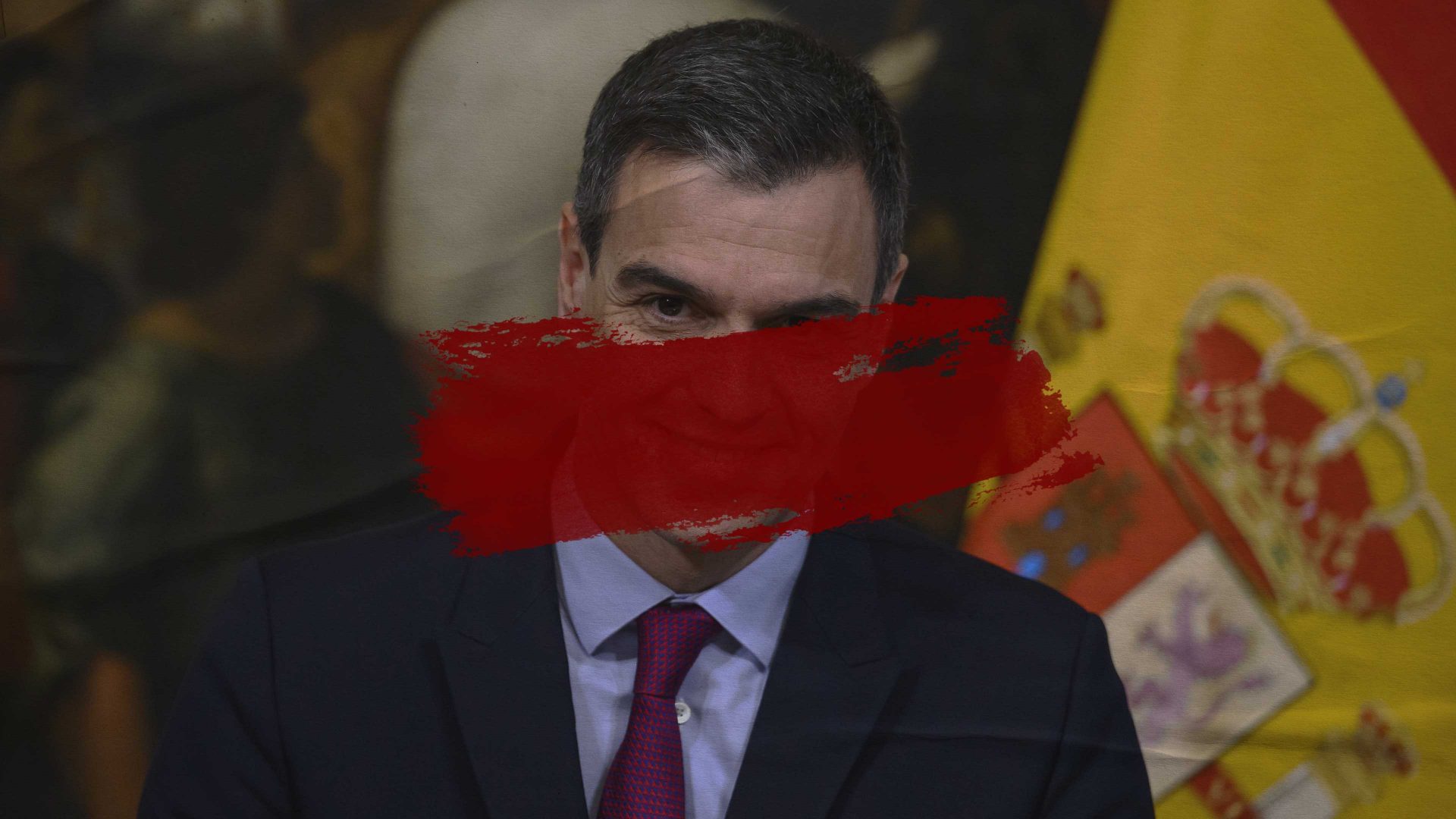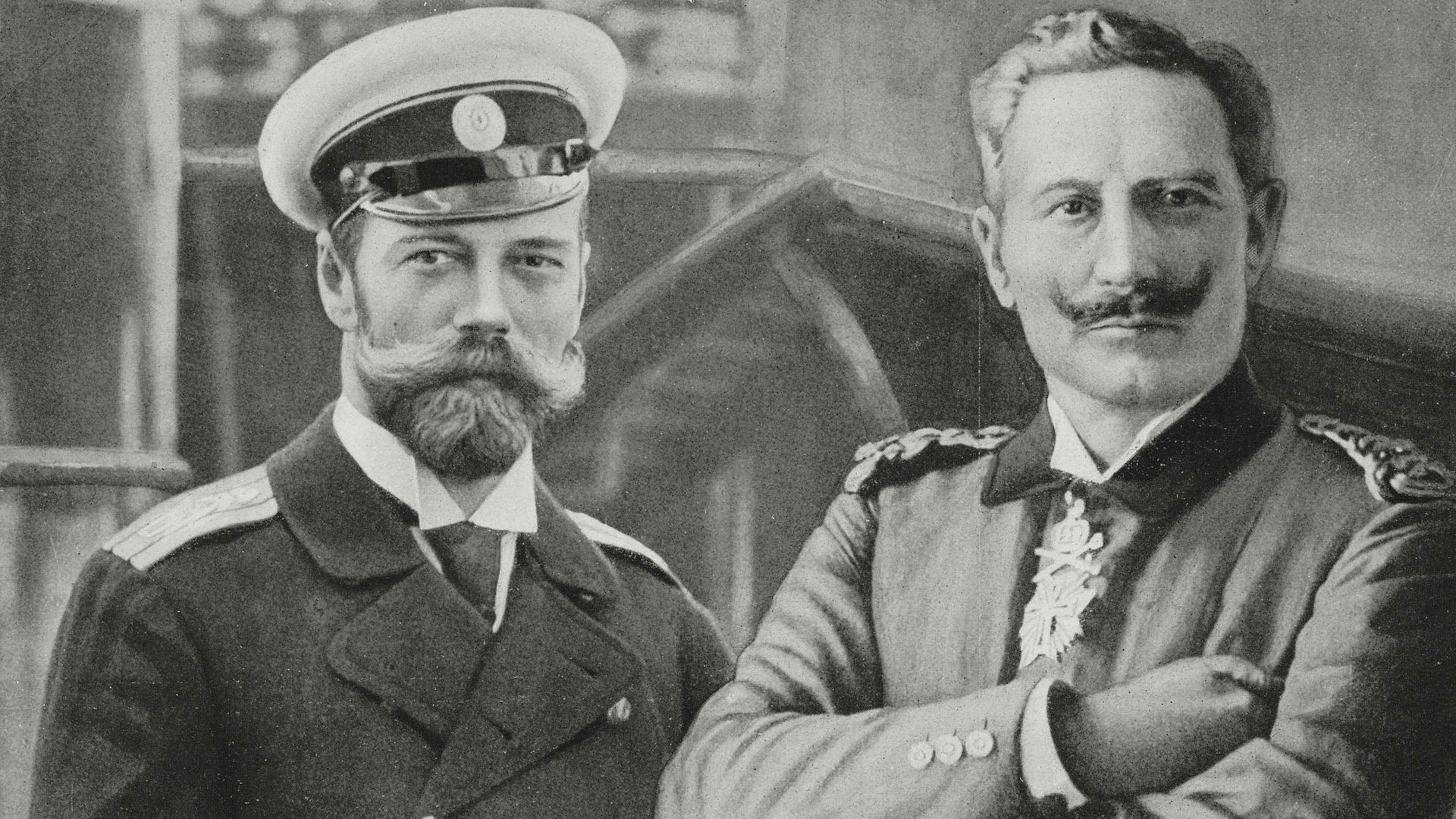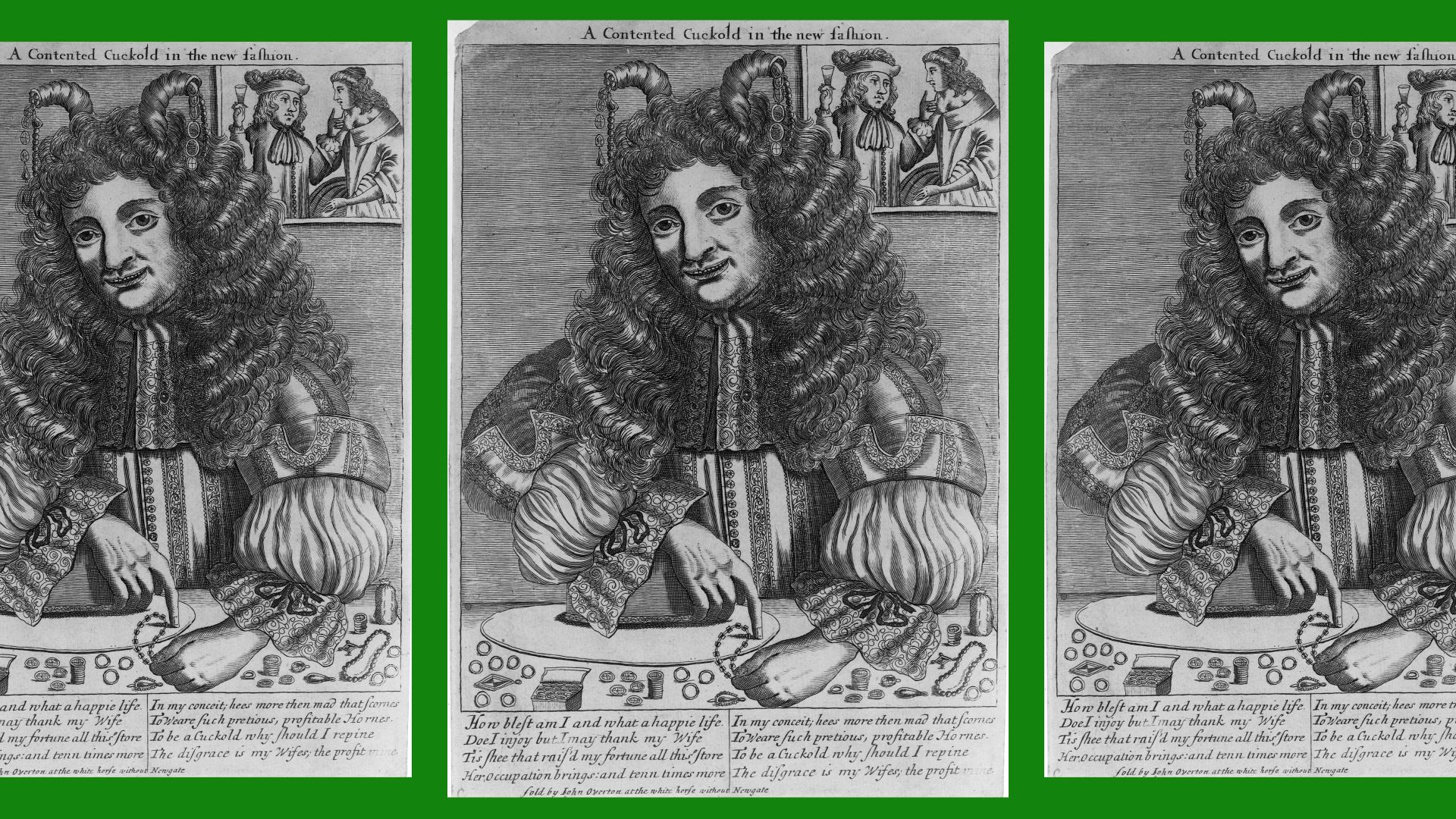In most European countries, when you have a left wing leader you will find the capital is generally sympathetic to the government. Cities in general tend to lean left. But Madrid is not “most cities” – Spain’s capital is not left wing.
Since 1999, the right wing Partido Popular has won the most votes in eight out of nine regional elections. The left wing PSOE has won only once since 1987, and even then it got just over 27% – hardly a ringing endorsement.
Madrid’s electoral history helps to explain why so many Madrileños have such negative views about Spain’s left wing prime minister, Pedro Sánchez, himself a resident of Madrid. When I visited my friend in the capital recently, I was surprised to hear the visceral hatred in her voice when she talked about him.
“Don’t even get me started,” she said, holding her hand up. “He’s giving a minority a bigger say than the majority so he can cling to power. How is that democratic?” Her opinion sounded as if it had been influenced by Isabel Díaz Ayuso, the president of the Community of Madrid.
In November, Ayuso accused Sánchez and the government of having “snuck a dictatorship on us. They have snuck it in through the back door and we are at the beginning of it. The great dictators, throughout history, sneak in through parliaments.” It’s dangerous, irresponsible, populist rhetoric.
Spain is divided. In mid-November, Sánchez narrowly won a vote that meant he will be the country’s PM for the next four years. Before this, there was a general election in July, but both the left and right wing blocs failed to win enough seats to form a government. Shortly after, Sánchez began controversial negotiations with Spanish separatist parties. Months of deal-making with those groups enabled him to win a parliamentary majority of just four votes.
The deal he did in order to win that majority includes an amnesty for individuals involved in the illegal 2017 Catalonia independence referendum, and this has sparked outrage from parts of Spanish society, especially the right wing.
Sánchez’s achievement may be viewed with cynicism on the right, but he has managed to pull together a remarkable coalition. He managed to win over not only PSOE’s hard-left ally, Sumar, but also the Catalan pro-independence parties Junts and ERC, the Basque parties PNV and EH Bildu, Galicia’s BNG party and also the Canarian Coalition, which is pushing for greater autonomy for the Canary Islands, though not outright independence.
The Basque and Catalan parties both compete with each other within their respective regions, so getting them to risk reputational damage and their electoral prospects by making a deal with Madrid isn’t easy. They extracted a high price from Sánchez in return for their support.
The amnesty for people involved in the 2017 Catalonian independence referendum, which could see former Catalan leader Carles Puigdemont return from his self-imposed exile in Brussels, was part of that price. But this concession has undermined trust in Sánchez and his party – he had repeatedly ruled out an amnesty, or referendum on independence.
While Catalan politicians argue that it is merely returning a political issue to the political arena, having removed it from the arena of criminal justice, others see it as a dangerous move. The PP has warned that it undermines the independence of Spain’s judiciary, and the EU Commission has even written to Madrid asking for “detailed information” on the amnesty law.
Those on the right, and some of those on the left, believe Sánchez’s move undermines trust in politics and puts personal interests before the national interest. In response, those on the left accuse right wing politicians of inflaming tensions and of using dangerous rhetoric.
The effects of this disunity and divisiveness are already being felt. Last month during a demonstration against the amnesty deal, 30 police officers were injured as they tried to stop angry protesters from entering PSOE’s Madrid headquarters.
The disconnect between the Spanish right and left is now so large that talking to my friend about Sánchez has become impossible. And that’s a worrying sign.
Callum Tennant is a British writer living in Bilbao



